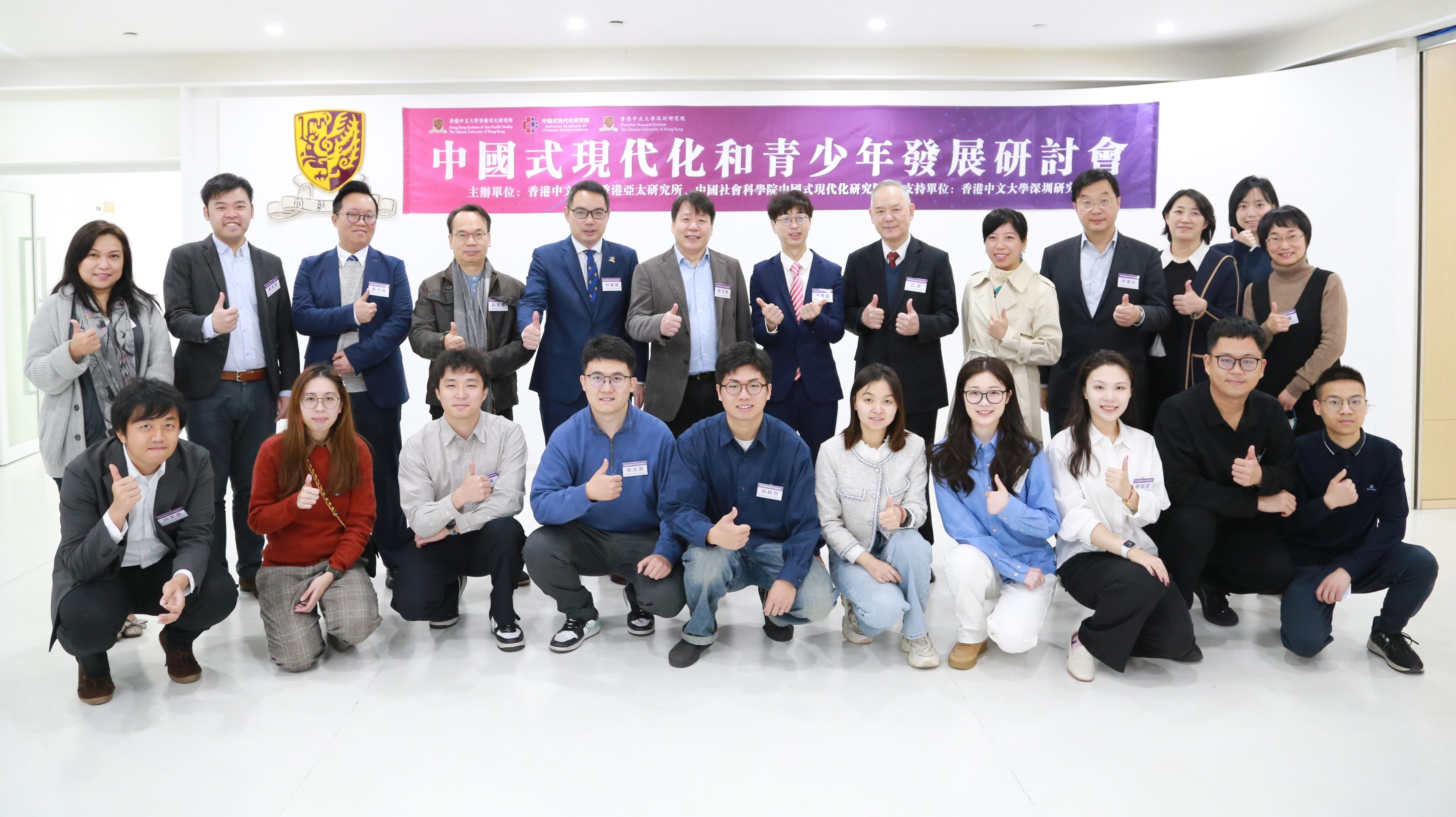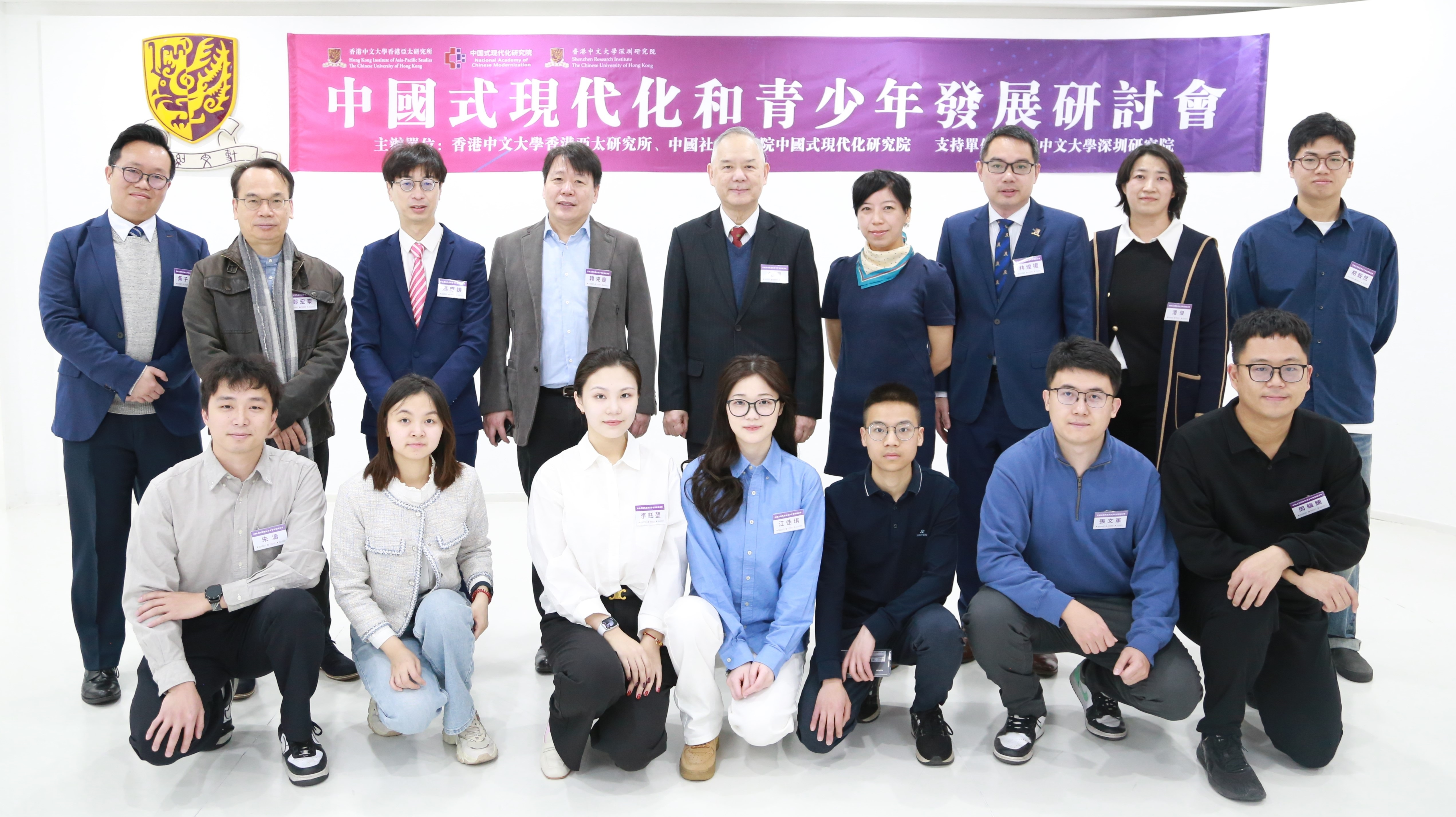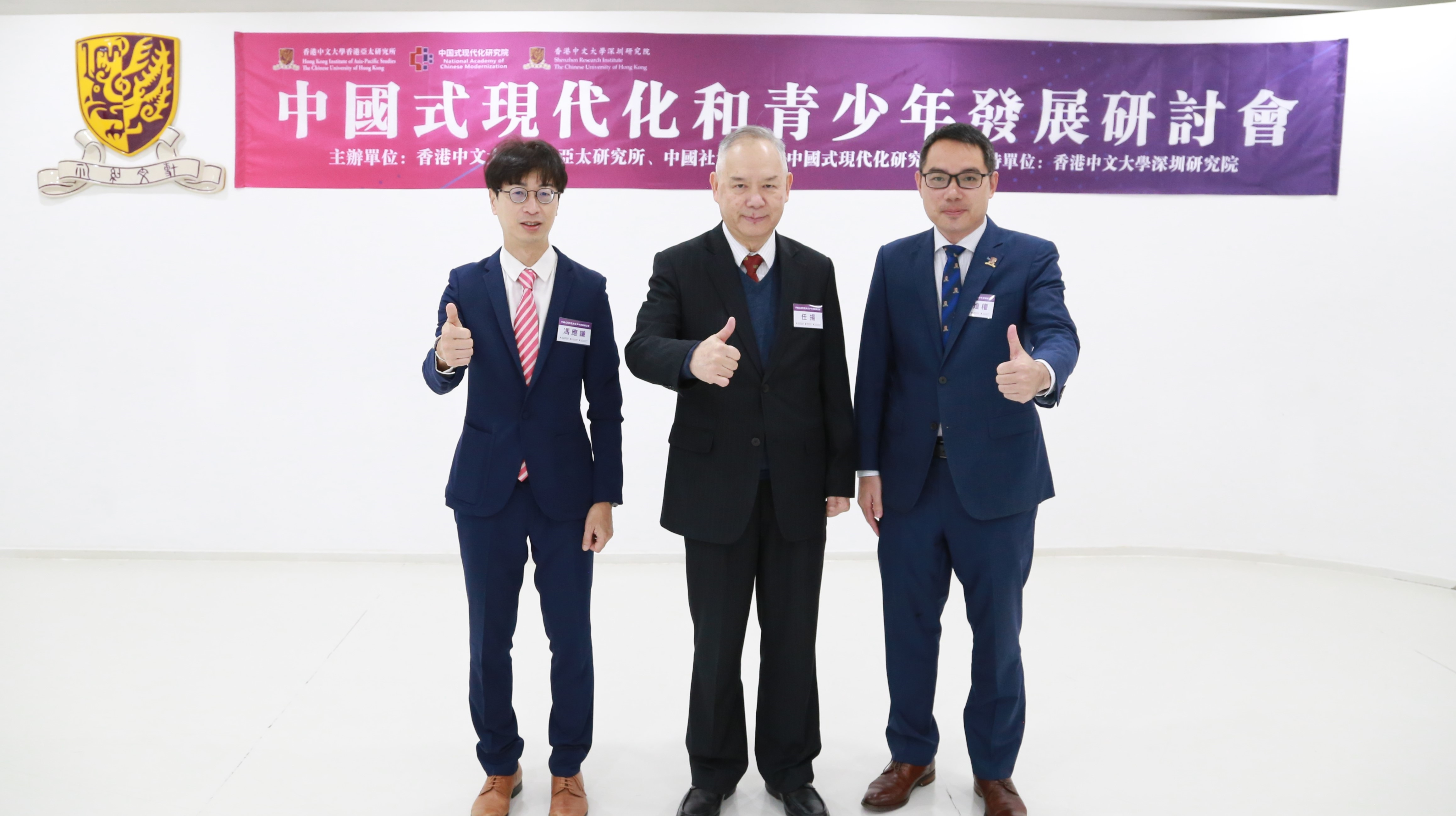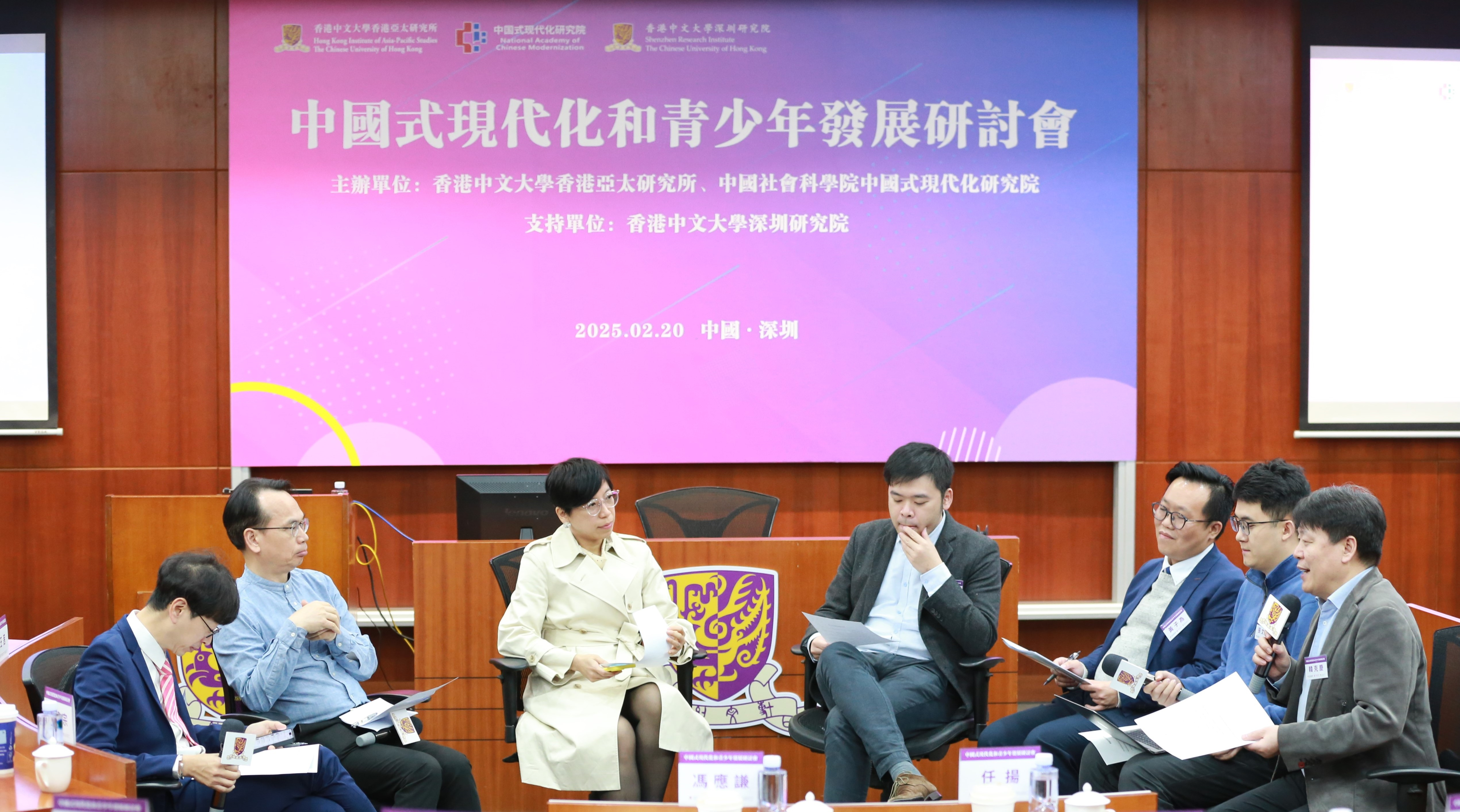
|
| Highlights |
|
|
|
Symposium on Chinese Modernization and Youth Development
(中國式現代化和青少年發展研討會) 20 February 2025 | CUHK Shenzhen Research Institute |
|
|
Speakers |
|
|
Welcome Speeches Prof. Yi Zhang Director, National Academy of Chinese Modernization, Chinese Academy of Social Sciences |
|
|
Prof. Yeung Yam
Director, CUHK Shenzhen Research Institute |
|
|
Prof. Anthony Y. H. Fung
Dean of Social Science; Director, Hong Kong Institute of Asia-Pacific Studies |
|
|
Thematic Speech (1): Promote Youth Employment 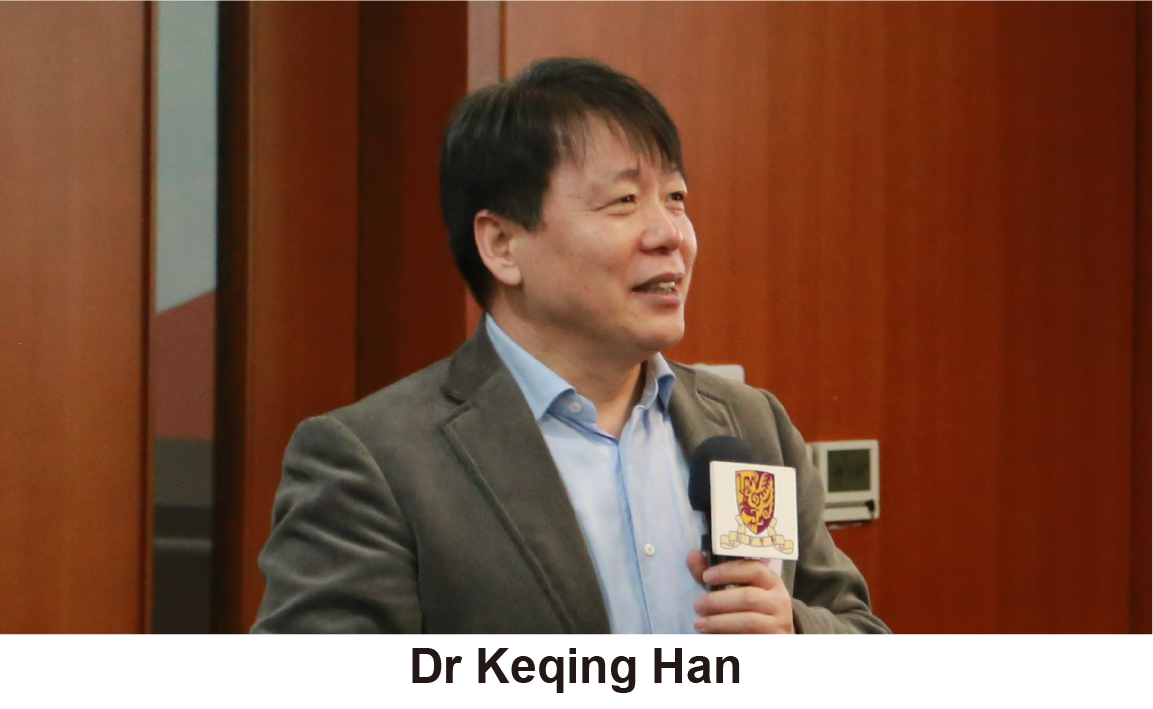 Dr Keqing Han
Dr Keqing Han
Researcher, National Academy of Chinese Modernization, Chinese Academy of Social Sciences |
|
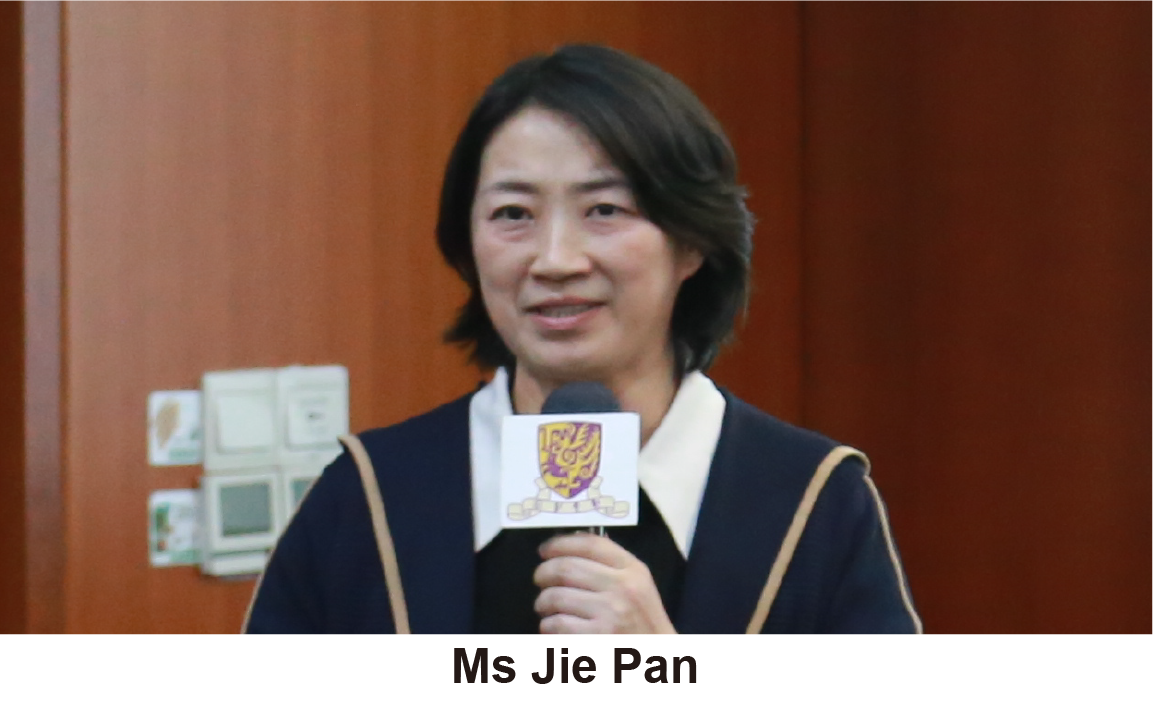 Ms Jie Pan
Ms Jie Pan
Assistant Researcher, National Academy of Chinese Modernization, Chinese Academy of Social Sciences |
|
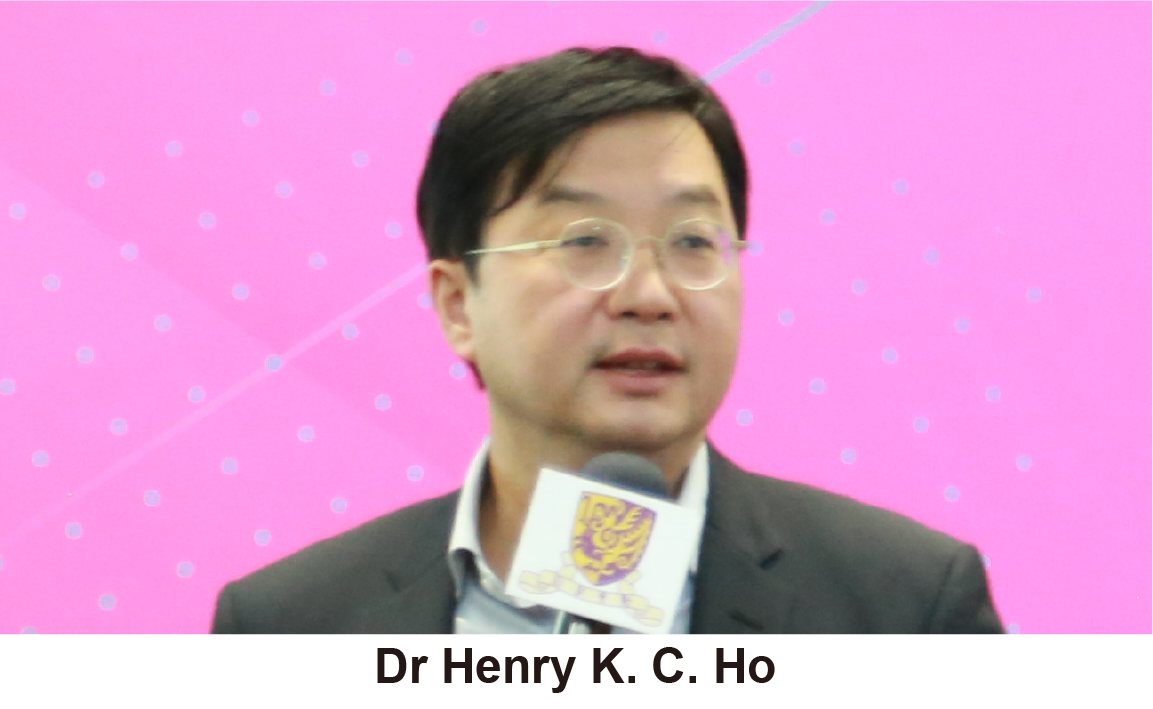 Dr Henry K. C. Ho
Dr Henry K. C. Ho
Founder and Chairman, OCTS (“One Country, Two Systems”) Youth Forum |
|
|
Prof. Terence T. L. Chong
Executive Director, Lau Chor Tak Institute of Global Economics and Finance, CUHK |
|
|
Thematic Speech (2): Hong Kong Youth’s Community Participation 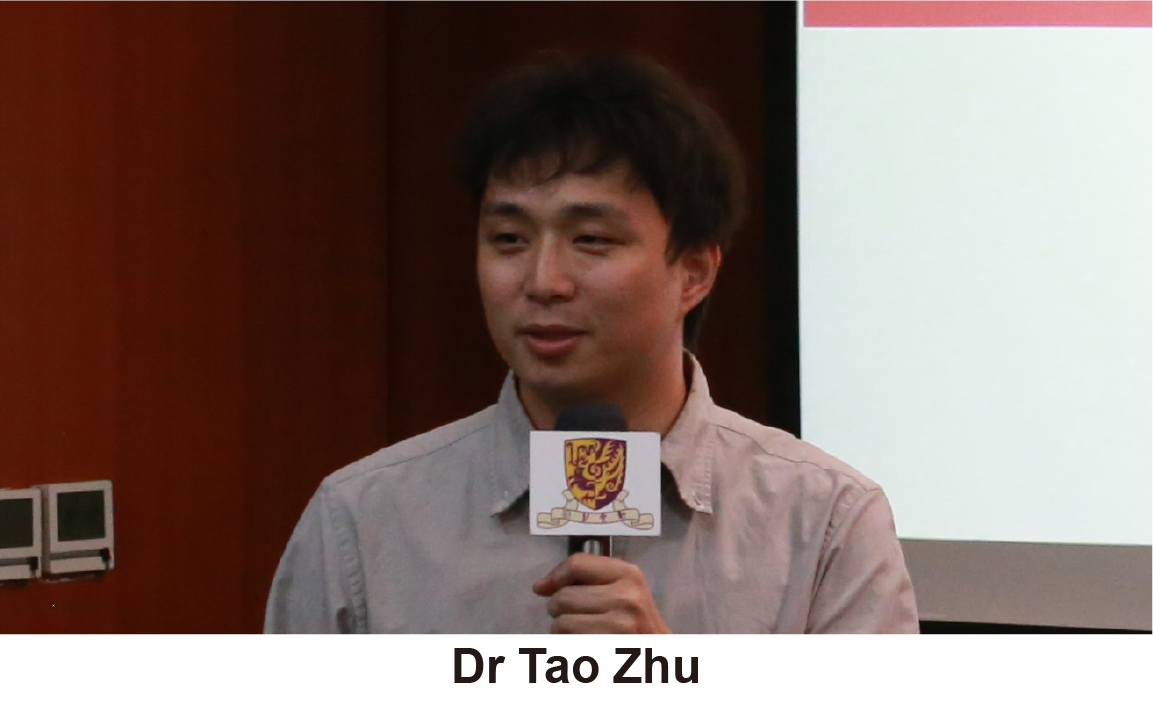 Dr Tao Zhu
Dr Tao Zhu
Assistant Researcher, National Academy of Chinese Modernization, Chinese Academy of Social Sciences |
|
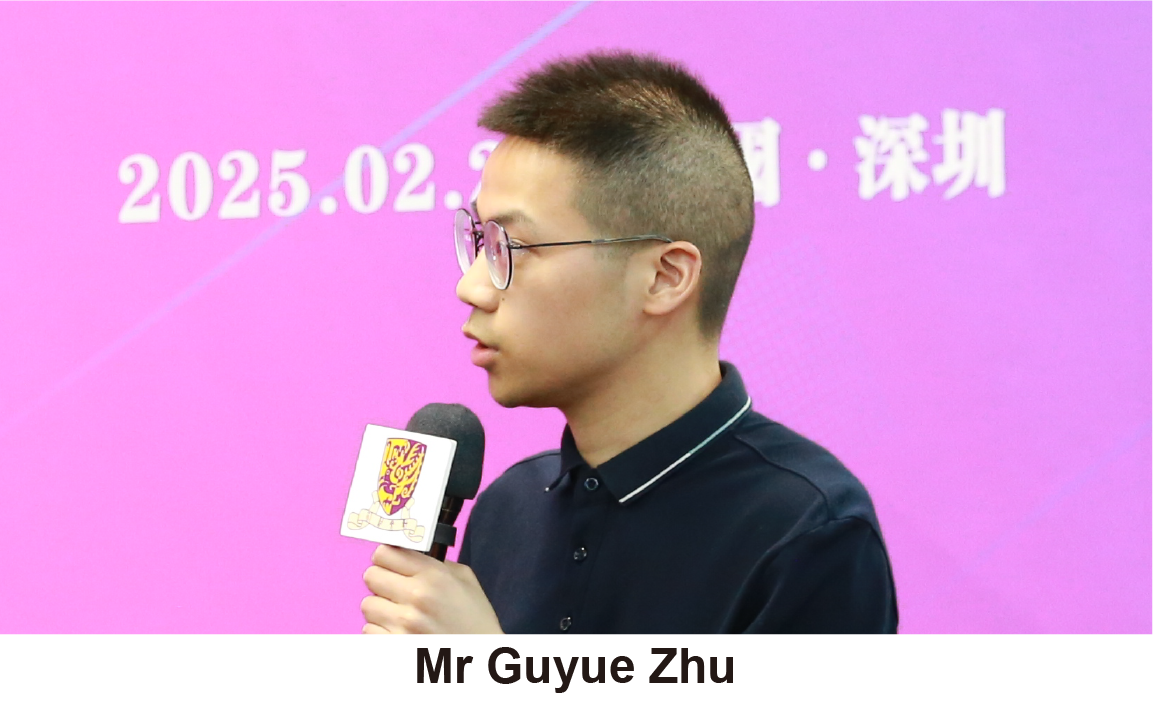 Mr Guyue Zhu
Mr Guyue Zhu
Doctoral Candidate, The University of Chinese Academy of Social Sciences |
|
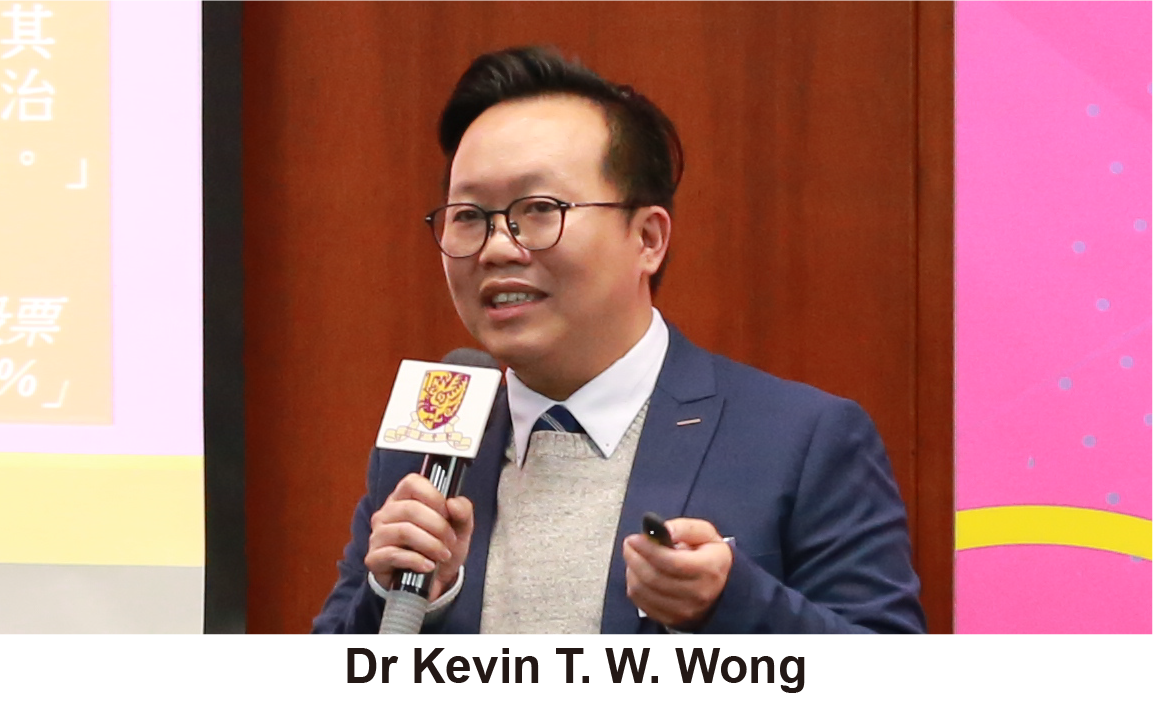 Dr Kevin T. W. Wong
Dr Kevin T. W. Wong
Associate Director, Telephone Survey Research Laboratory, HKIAPS, CUHK |
|
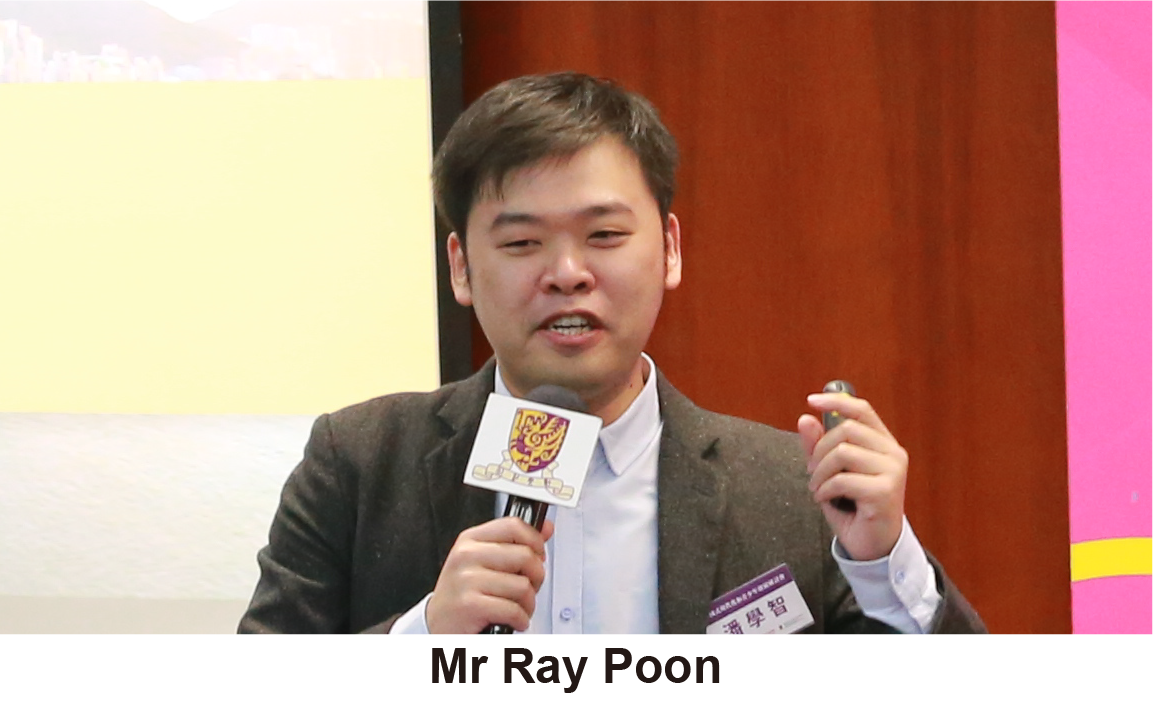 Mr Ray Poon
Mr Ray Poon
Assistant Director, Shanghai-Hong Kong Development Institute, The Chinese University of Hong Kong and Fudan University |
|
|
Thematic Speech (3): Hong Kong Youth’s Personal Development 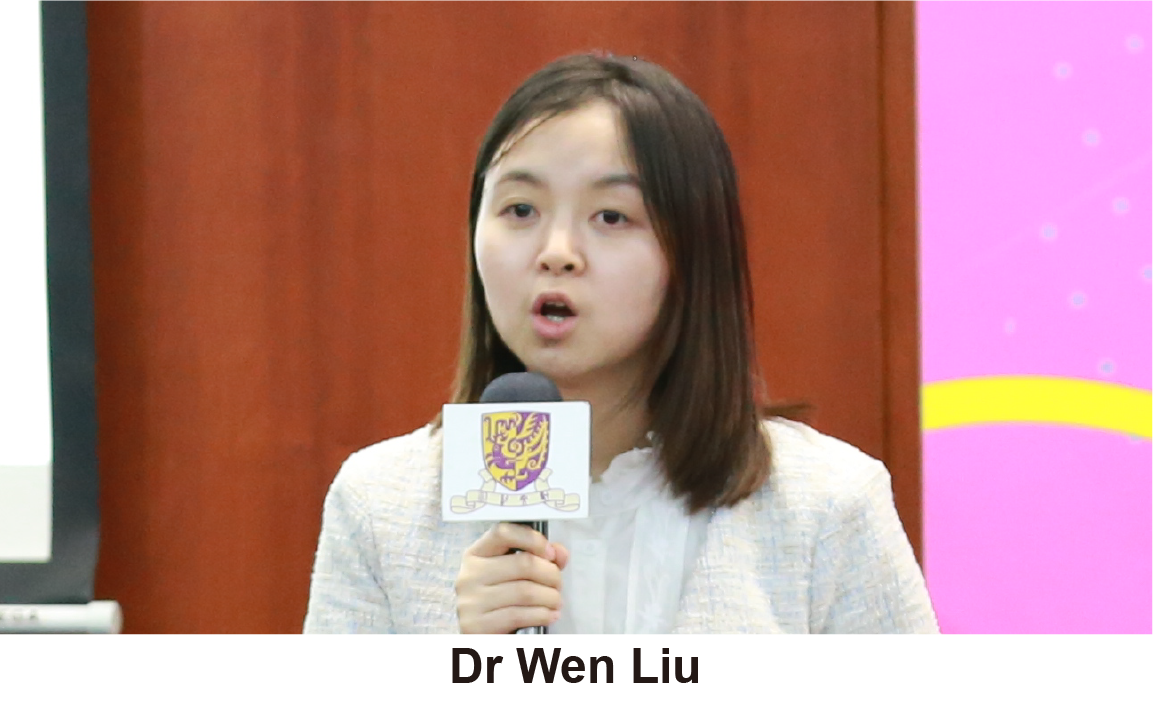 Dr Wen Liu
Dr Wen Liu
Assistant Researcher, National Academy of Chinese Modernization, Chinese Academy of Social Sciences |
|
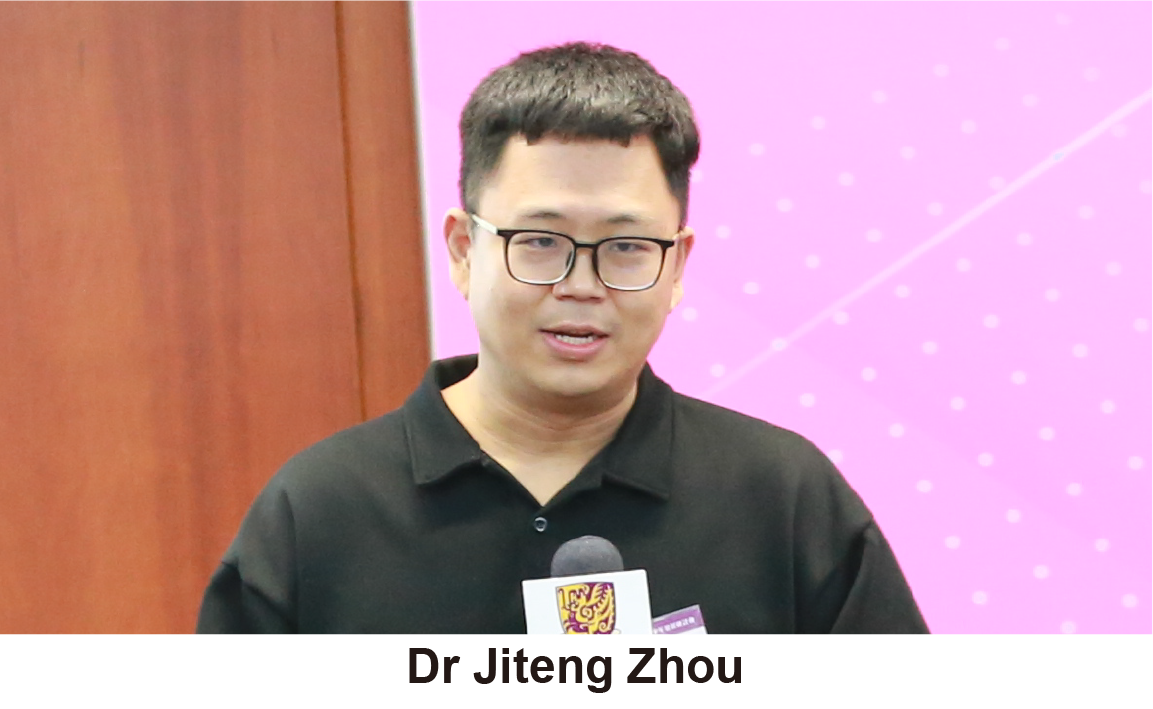 Dr Jiteng Zhou
Dr Jiteng Zhou
Assistant Researcher, National Academy of Chinese Modernization, Chinese Academy of Social Sciences |
|
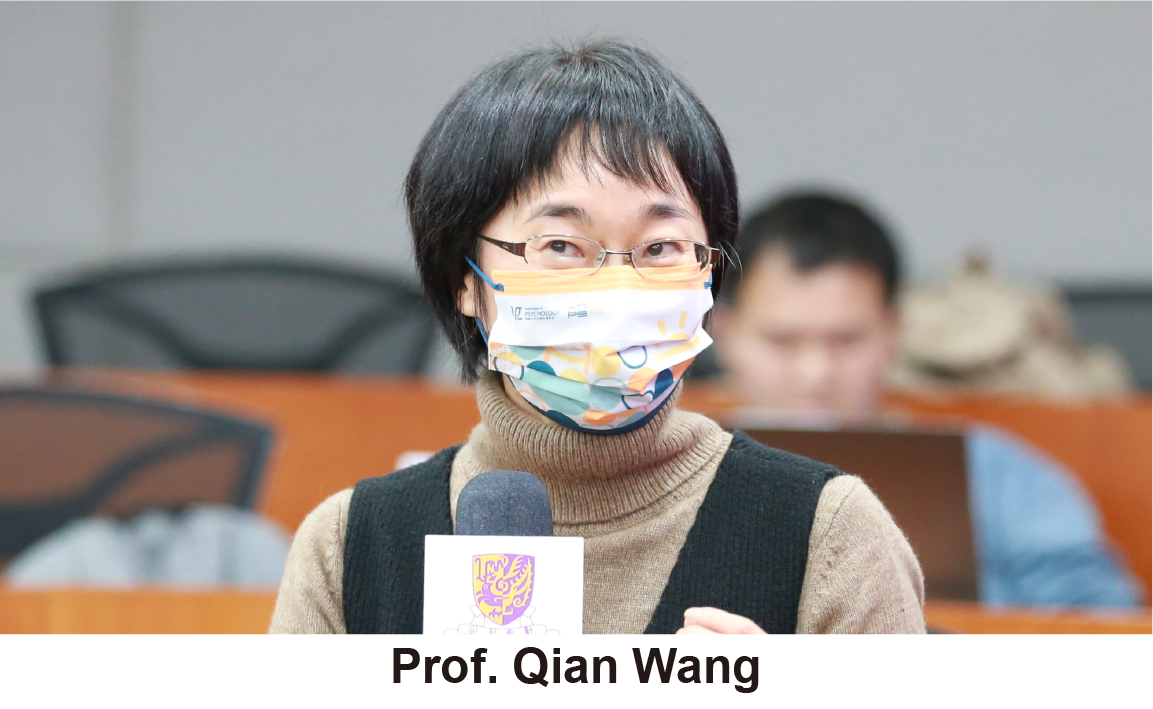 Prof. Qian Wang
Prof. Qian Wang
Associate Professor, Department of Psychology, CUHK |
|
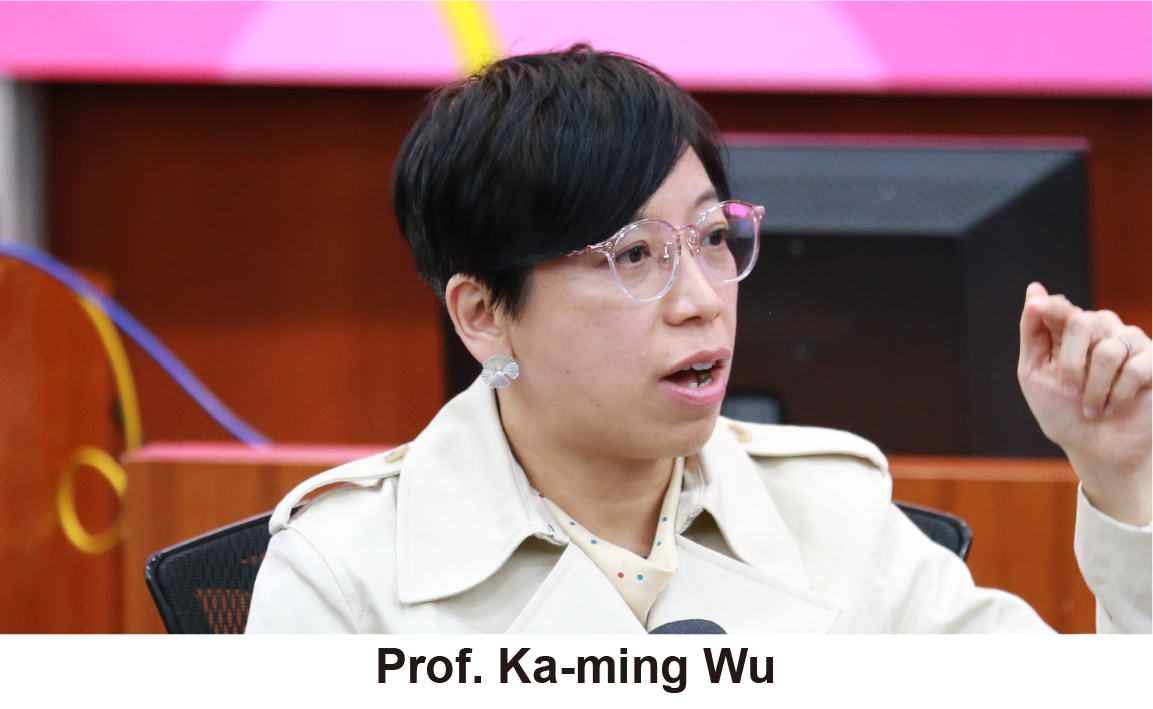 Prof. Ka-ming Wu
Prof. Ka-ming Wu
Director, Centre for Social Innovation Studies, HKIAPS, CUHK |
|
|
Organizers
Hong Kong Institute of Asia-Pacific Studies, CUHK National Academy of Chinese Modernization, Chinese Academy of Social Sciences |
|
|
Supporting Unit
CUHK Shenzhen Research Institute |
|
|
On Thursday, February 20, 2025,
the Symposium on “Chinese Modernization and Youth Development” co-hosted by the Hong Kong Institute of Asia-Pacific Studies of The Chinese University of Hong Kong (CUHK)
and the National Academy of Chinese Modernization (NACM) of the Chinese Academy of Social Sciences (CASS) was successfully held at the CUHK Shenzhen Research Institute.
More than 20 experts, scholars, and researchers gathered to exchange ideas. In keeping with national needs and social concerns,
three major topics were discussed in the symposium: Chinese modernization and Hong Kong youth employment,
Hong Kong youth’s community participation, and Hong Kong youth’s personal development. In 2022, the 20th National Congress of the CPC provided a detailed elaboration on “Chinese modernization”. In the same year, the Hong Kong Special Administrative Region Government published the “Youth Development Blueprint”. The modernization of Chinese society is closely related to youth development. This symposium meets current development needs and is also a continuation of previous symposia jointly organized by CUHK and CASS. At the opening ceremony of the symposium, Prof. Yi Zhang, the Director of the National Academy of Chinese Modernization of CASS, delivered an online speech. Prof. Yeung Yam, the Director of the CUHK Shenzhen Research Institute, and Prof. Anthony Y. H. Fung, the Dean of Social Science and Director of the HKIAPS of CUHK, delivered welcome speeches. Prof. Zhang said that the development and progress of youth have always been the driving force of Chinese modernization. The humanistic and scientific literacy of young people largely determines the progress of Chinese modernization. Youth modernization should at minimum include modernization oriented towards knowledge, modernization oriented towards world development, modernization oriented towards the future while inheriting history, modernization oriented towards the development of new productive forces, and modernization with the courage to shoulder national responsibilities. Only when the younger generation works hard and creates new opportunities can our country have hope. Prof. Yeung said that world patterns are undergoing profound and complex changes in the current era. The advancement of Chinese modernization is not only related to the direction of the country’s development but is also closely linked to the growth of the younger generation. This symposium gathered together many well-known experts and scholars from the mainland and Hong Kong to share their insights on how to promote youth employment, community participation, and personal development in the process of Chinese modernization. It is expected that this symposium can produce forward-looking and valuable results, providing more ideas for reference and suggestions for the government, academia, and society, and promote the growth of youth and the development of the country. Prof. Fung hoped that through today’s discussion, a new perspective on the development of young people in current society could be provided, accurate suggestions of youth development could be offered to the government, and cooperation among all sectors of society could be achieved to provide more opportunities for employment and social participation for the younger generation, further facilitating the realization of Chinese modernization. Experts and scholars first held a thematic panel session on “Chinese modernization and Hong Kong youth employment”. Dr Keqing Han, a researcher at the CASS NACM, discussed the impact of the length of compulsory education on human modernity. Ms Jie Pan, an assistant researcher at the NACM, elaborated on Macau’s experience in strengthening citizenship education and national identity. Dr Henry K. C. Ho, the Founder and Chairman of the OCTS (“One Country, Two Systems”) Youth Forum, discussed the employment and career paths of Hong Kong students graduating from mainland universities. Prof. Terence T. L. Chong, the Executive Director of the Lau Chor Tak Institute of Global Economics and Finance of CUHK, participated online to analyse the causes of youth unemployment and the situation on youth employment in Hong Kong’s financial industry. Experts pointed out that with the accelerated advancement of Chinese modernization, Hong Kong, as an important gateway city of the country, provides broad employment space and development opportunities for young people. However, in the face of the increasingly fierce job market, Hong Kong youth need to possess stronger professional skills and innovation capabilities to meet the development needs of emerging industries. In the afternoon, two thematic panel sessions focused on Hong Kong youth’s community participation and personal development respectively for in-depth exchanges. The community, as the basic unit of society, is an important environment for the growth of young people. Participants believed that Hong Kong youth should be more actively involved in community building, enhancing their social responsibility and civic awareness through volunteer services and participation in community governance. Dr Tao Zhu, an assistant researcher at the CASS NACM, analysed changes and mechanisms in the development of confidence among Chinese youth. Mr Guyue Zhu, a doctoral candidate at the University of Chinese Academy of Social Sciences, illustrated the function optimization and integration of the five ways of life in the campus digital points bank practice of the Y School in Jiashan Province, Zhejiang. Dr Kevin T. W. Wong, the Associate Director of the Telephone Survey Research Laboratory of the HKIAPS, and Dr Victor Zheng, the Associate Director (Executive) of the HKIAPS, analysed the political interests of Hong Kong youth in the early 2020s based on research data. Mr Ray Poon, the Assistant Director of the Shanghai-Hong Kong Development Institute of CUHK and Fudan University, explored the practices and laws relating to Chinese modernization from the perspective of Hong Kong young people’s views on “One Country, Two Systems”. The last special discussion session focused on “Hong Kong youth’s personal development”. In the context of globalization and informatization, Hong Kong youth, as an important force in the construction of Chinese modernization, are facing unprecedented opportunities and challenges. Dr Wen Liu, an assistant researcher at the CASS Institute of Chinese Modernization, discussed the impact of achievement perception bias on educational achievement. Dr Jiteng Zhou, an assistant researcher at the CASS Institute of Chinese Modernization, clarified the class peer effect on the formation of career expectations of county youth. Prof. Qian Wang, an Associate Professor in the Department of Psychology of CUHK, shared details of the “Jockey Club Life Adventure Opportunity Hub” Program for primary school students. Prof. Ka-ming Wu, the Director of the Centre for Social Innovation Studies of HKIAPS of CUHK, discussed the experiences of college students in promoting community integration, using the example of plastic reduction and integration activities. The symposium ended with a roundtable discussion. Six scholars shared their views on grassroots governance in Hong Kong. |
|

